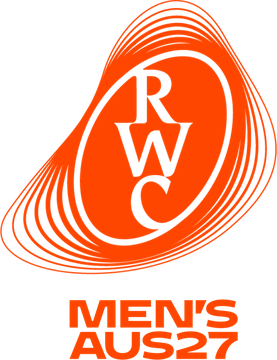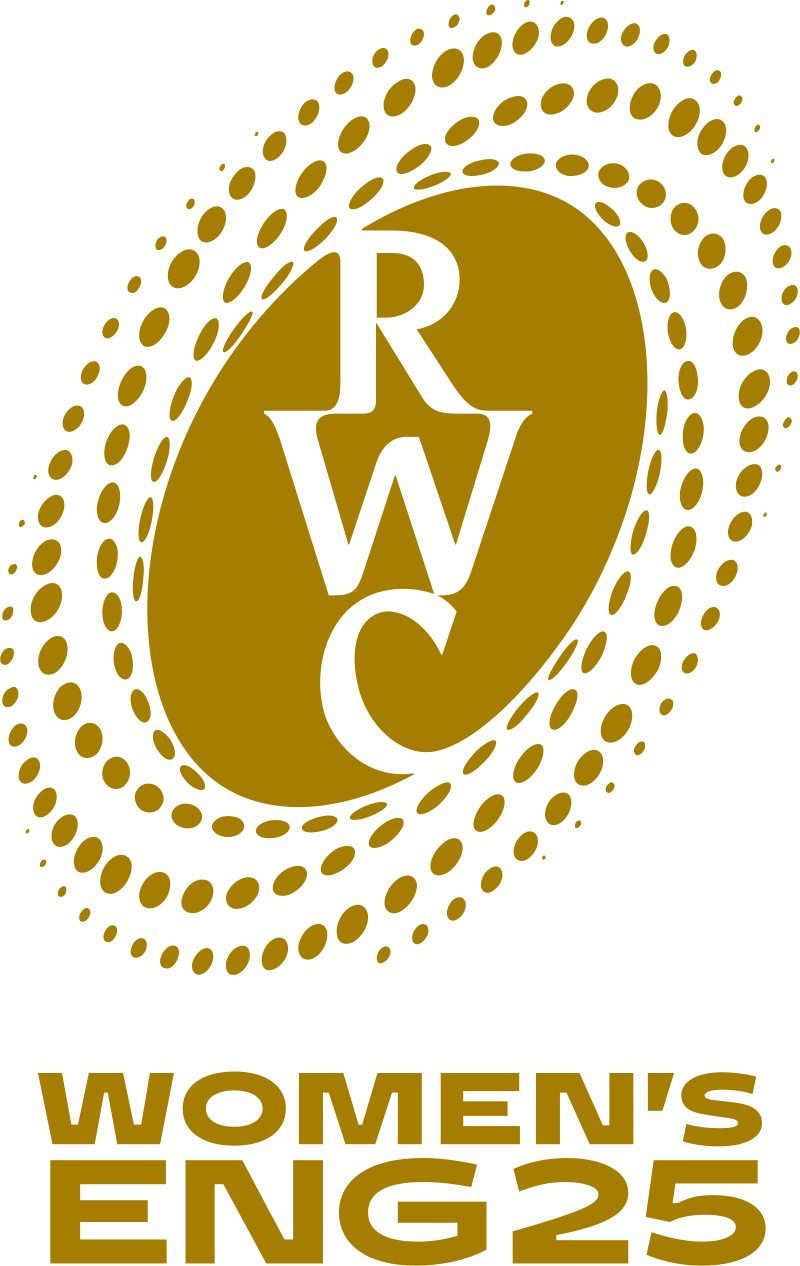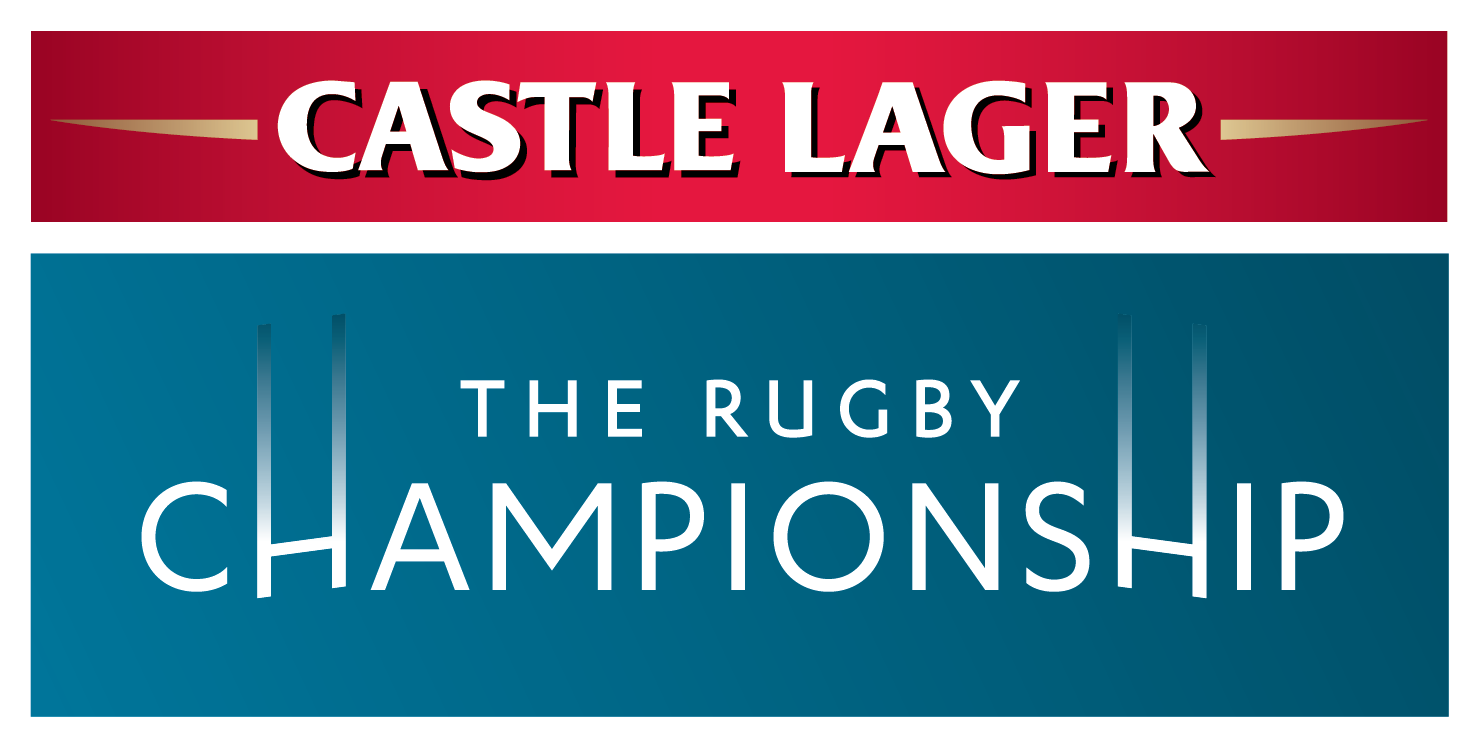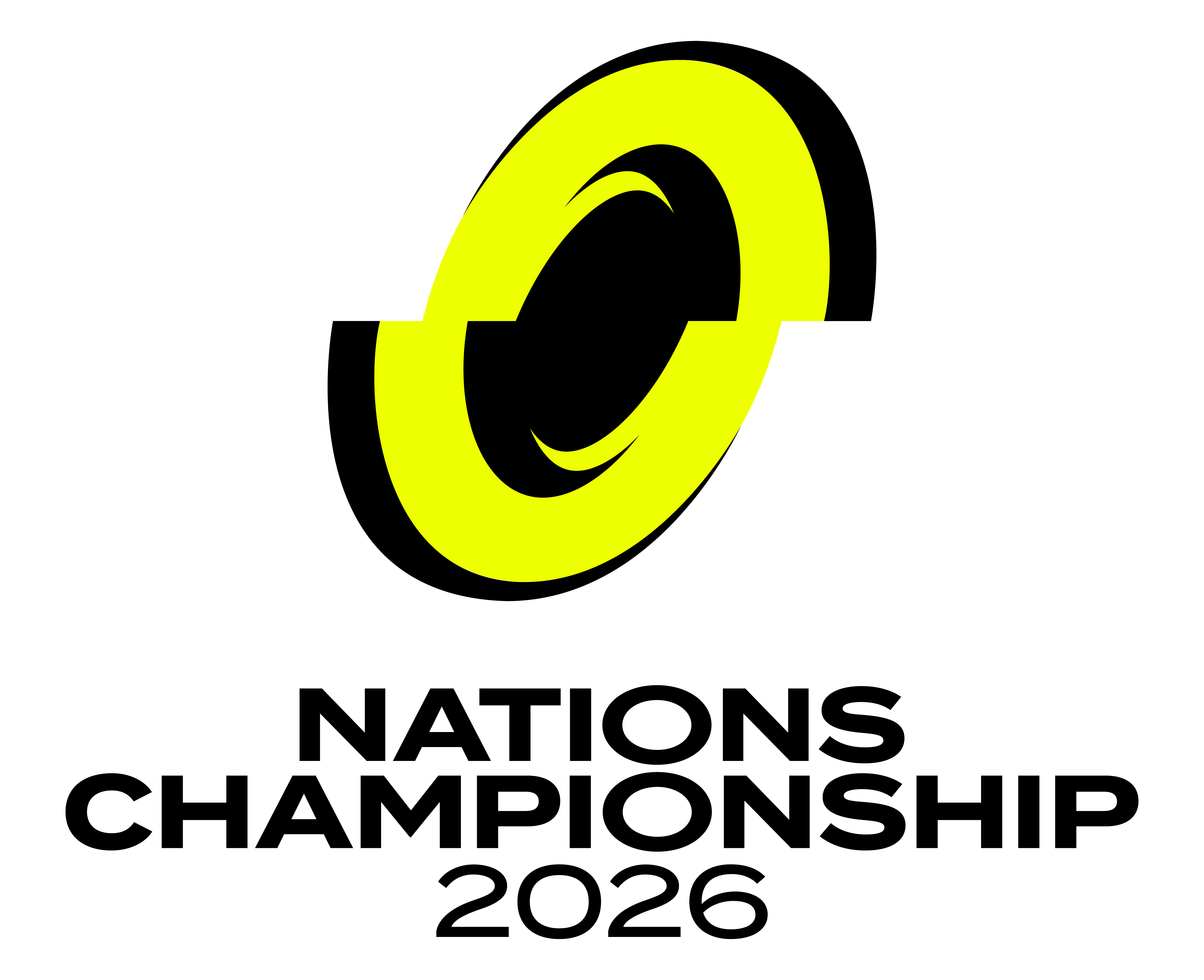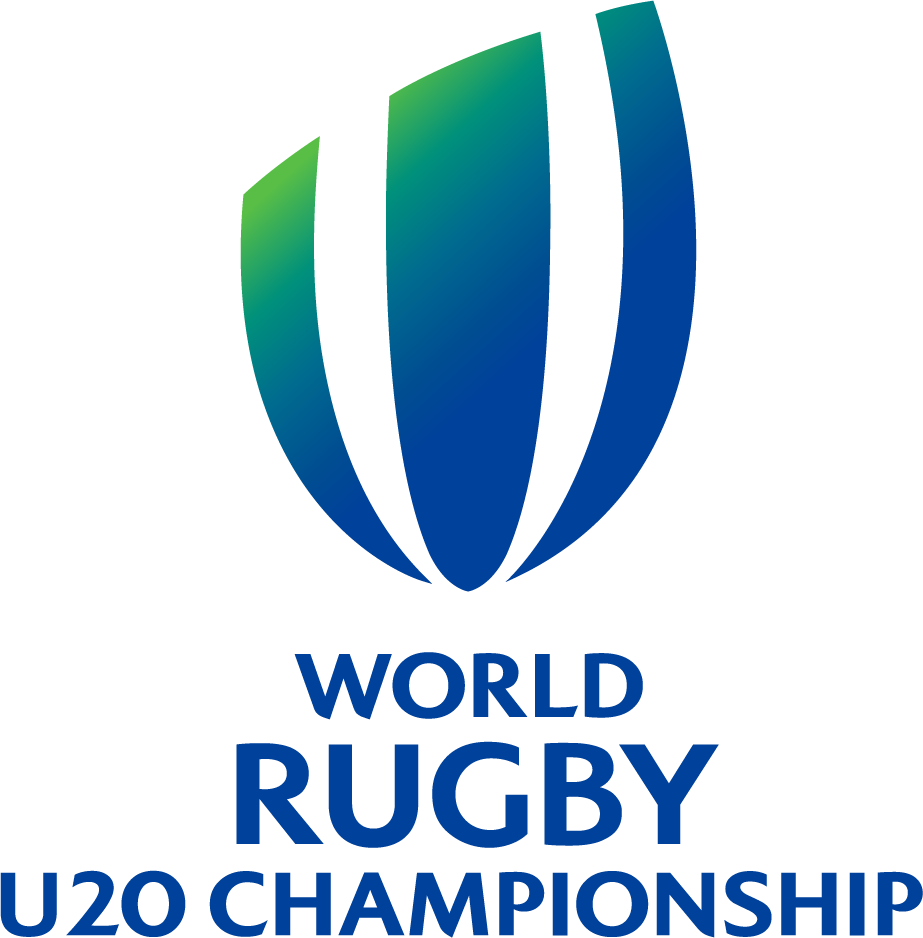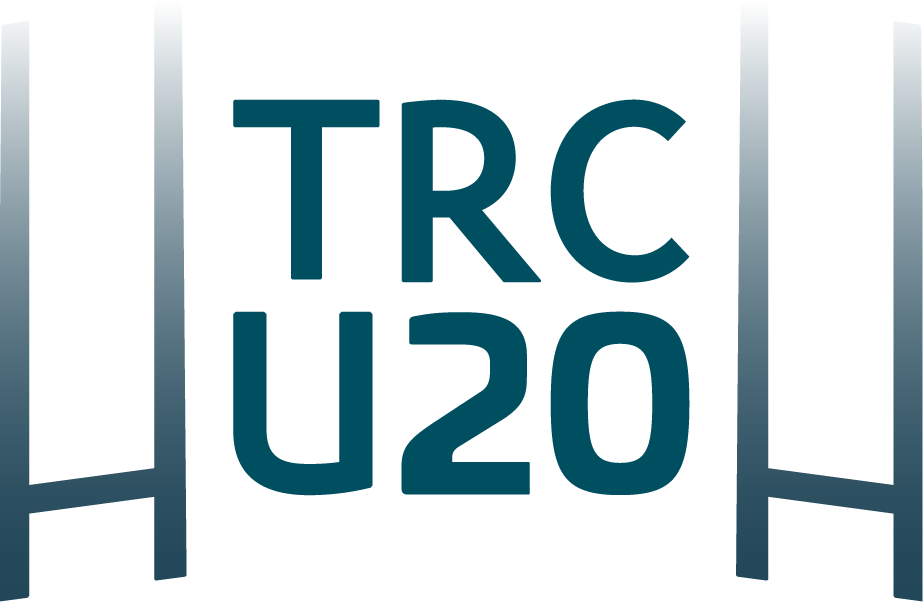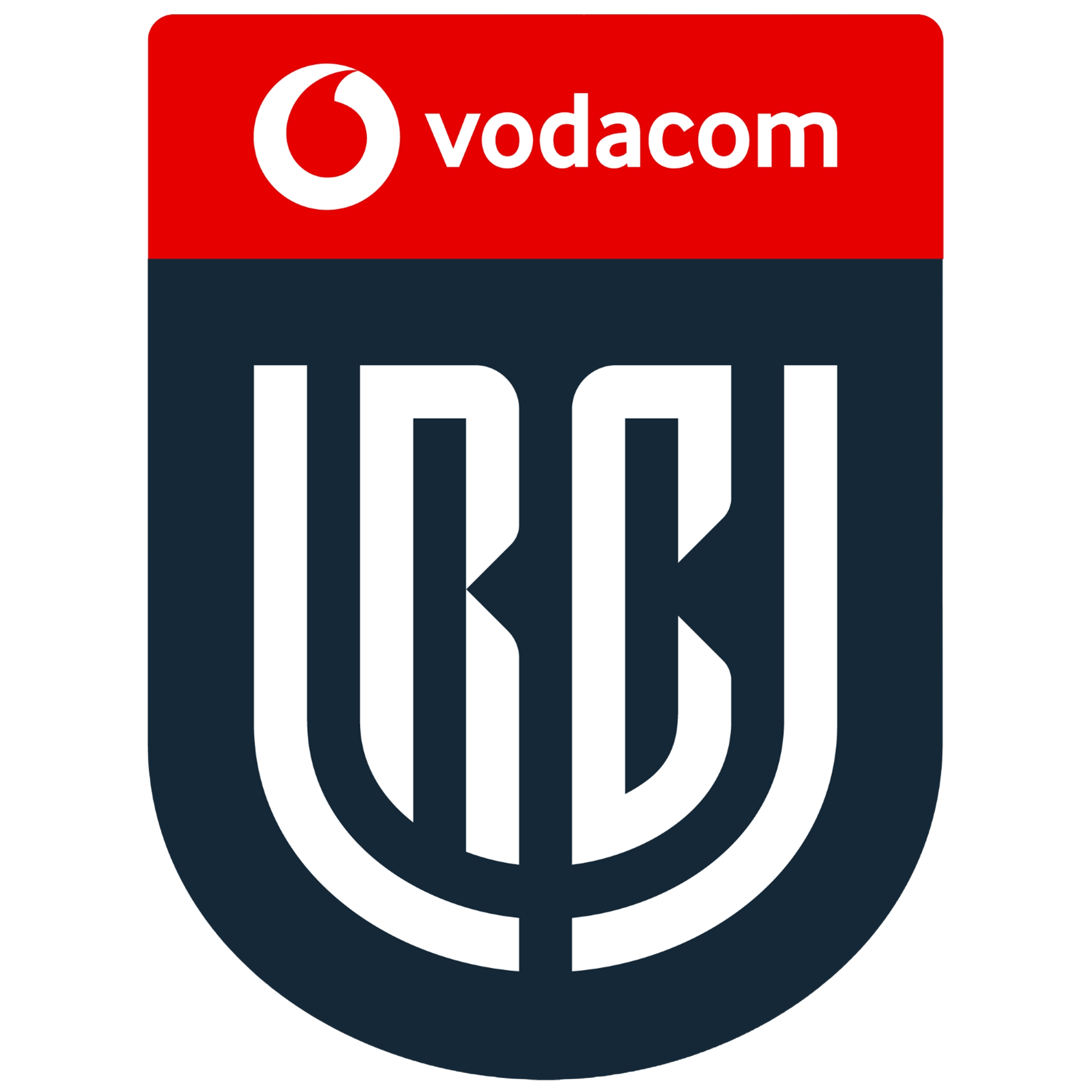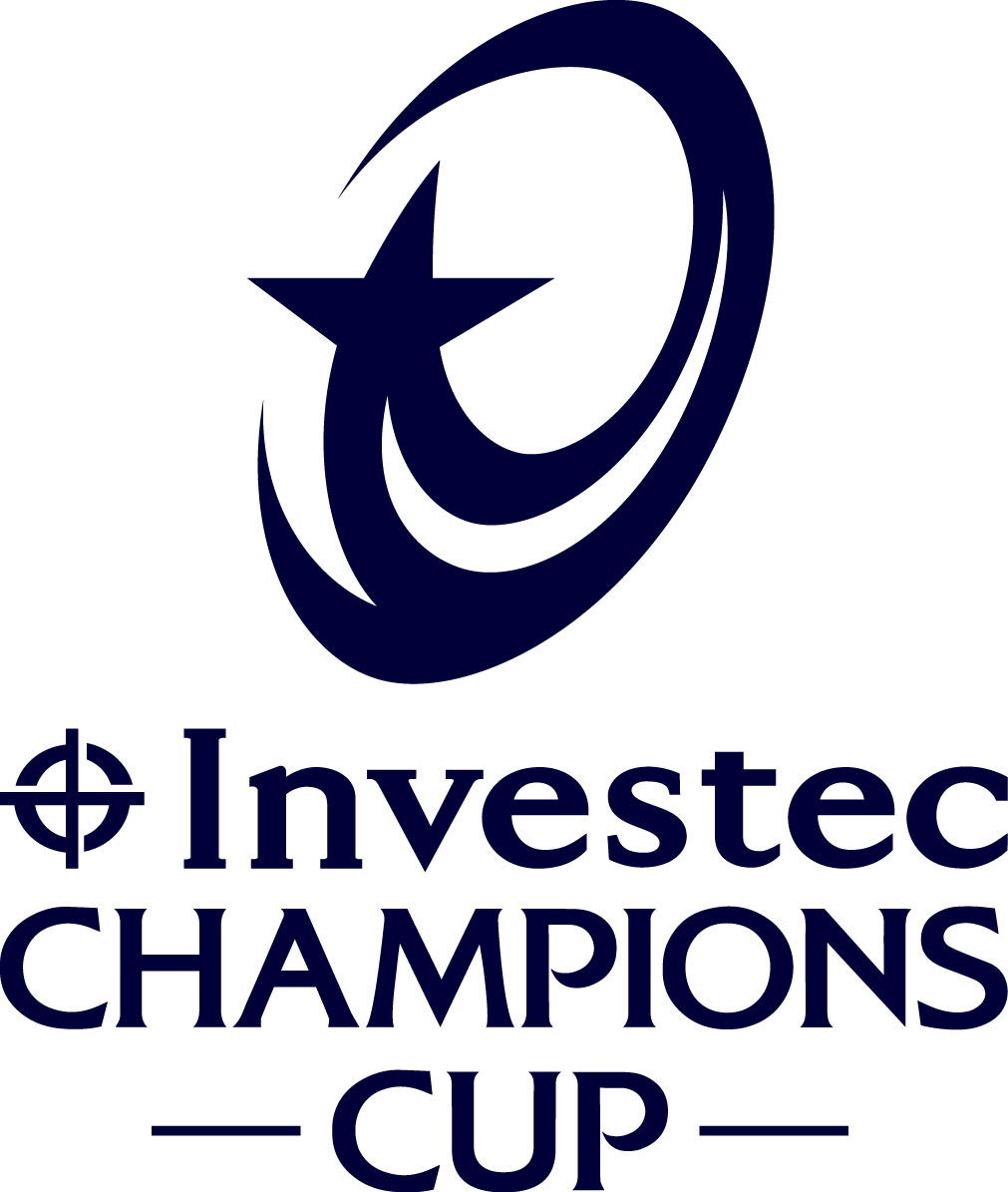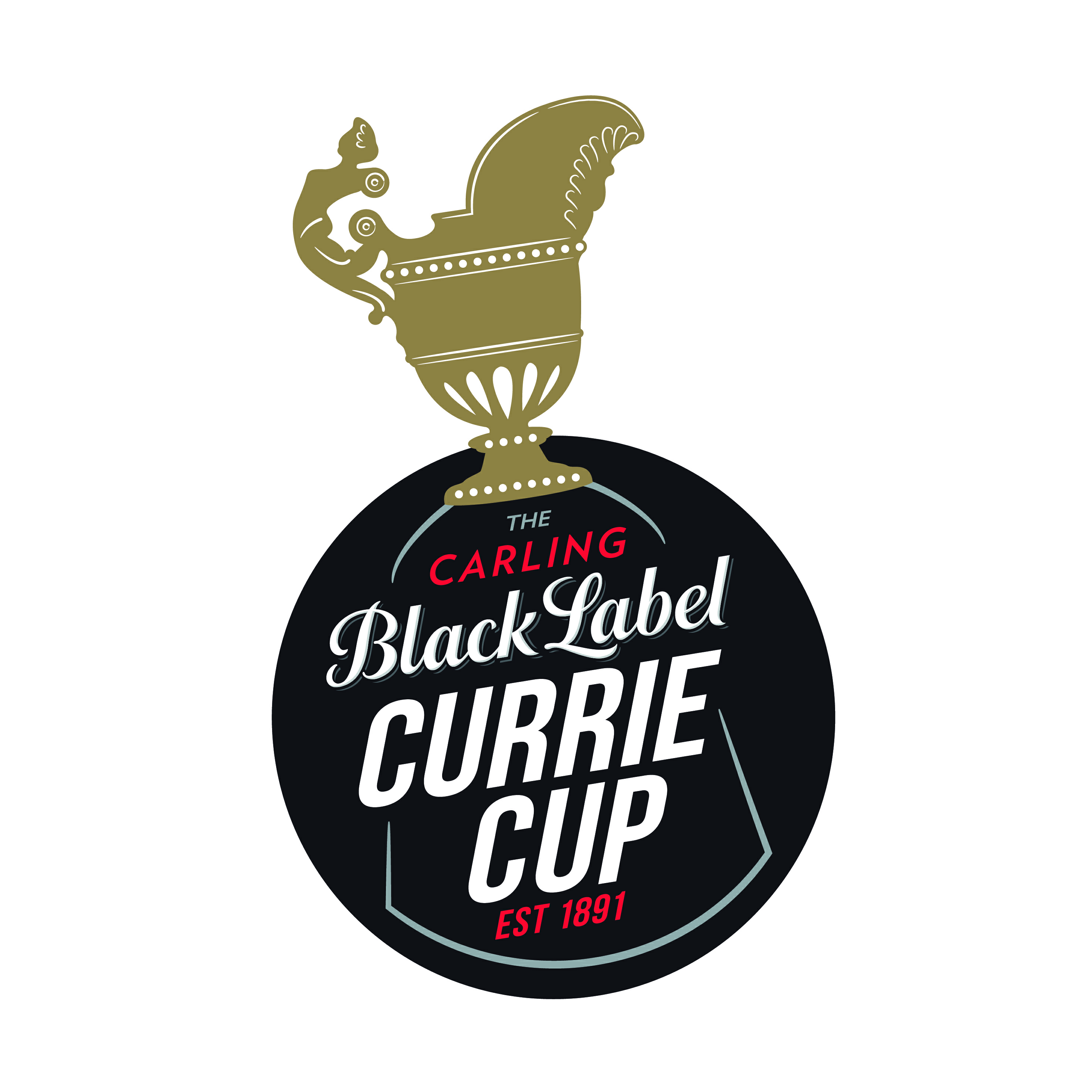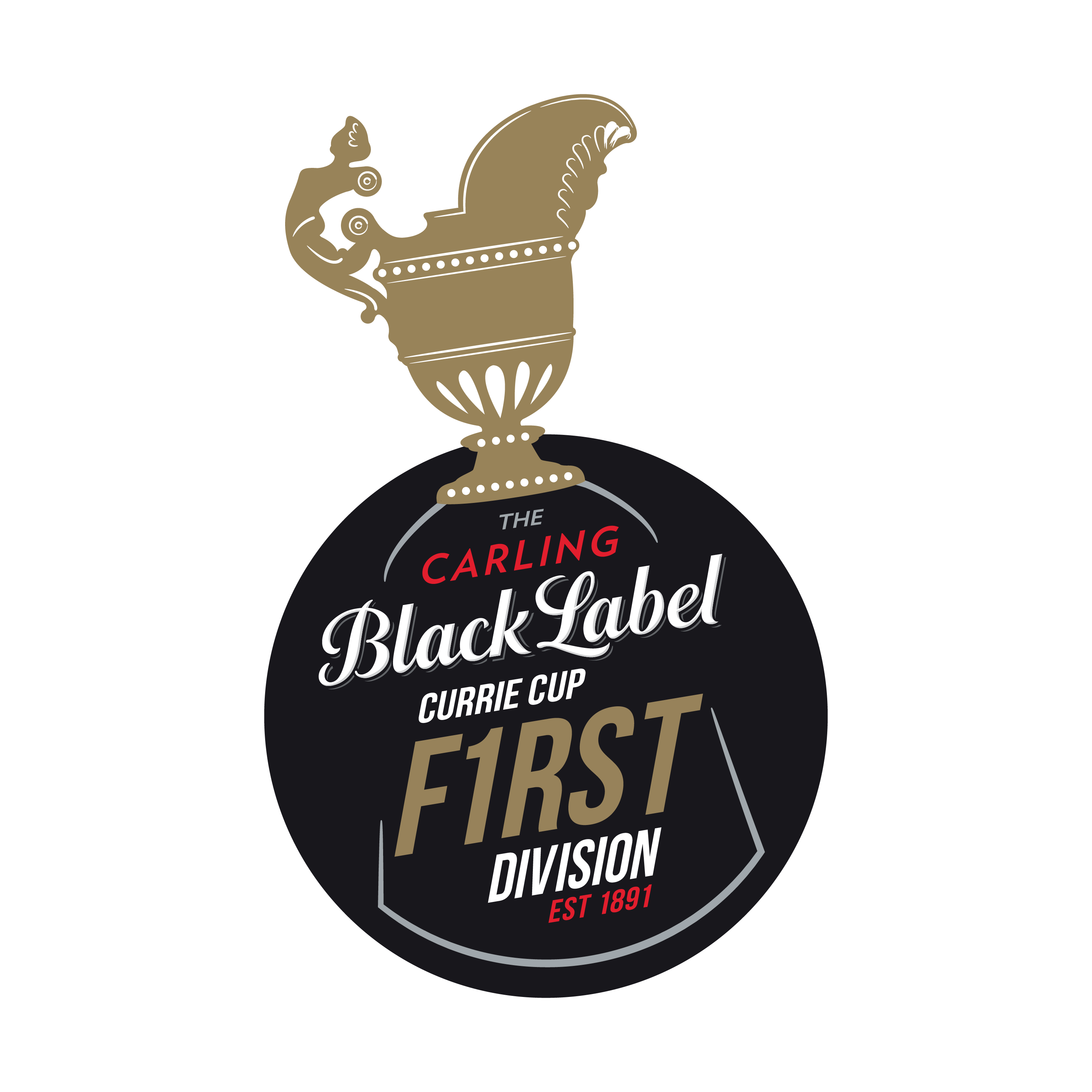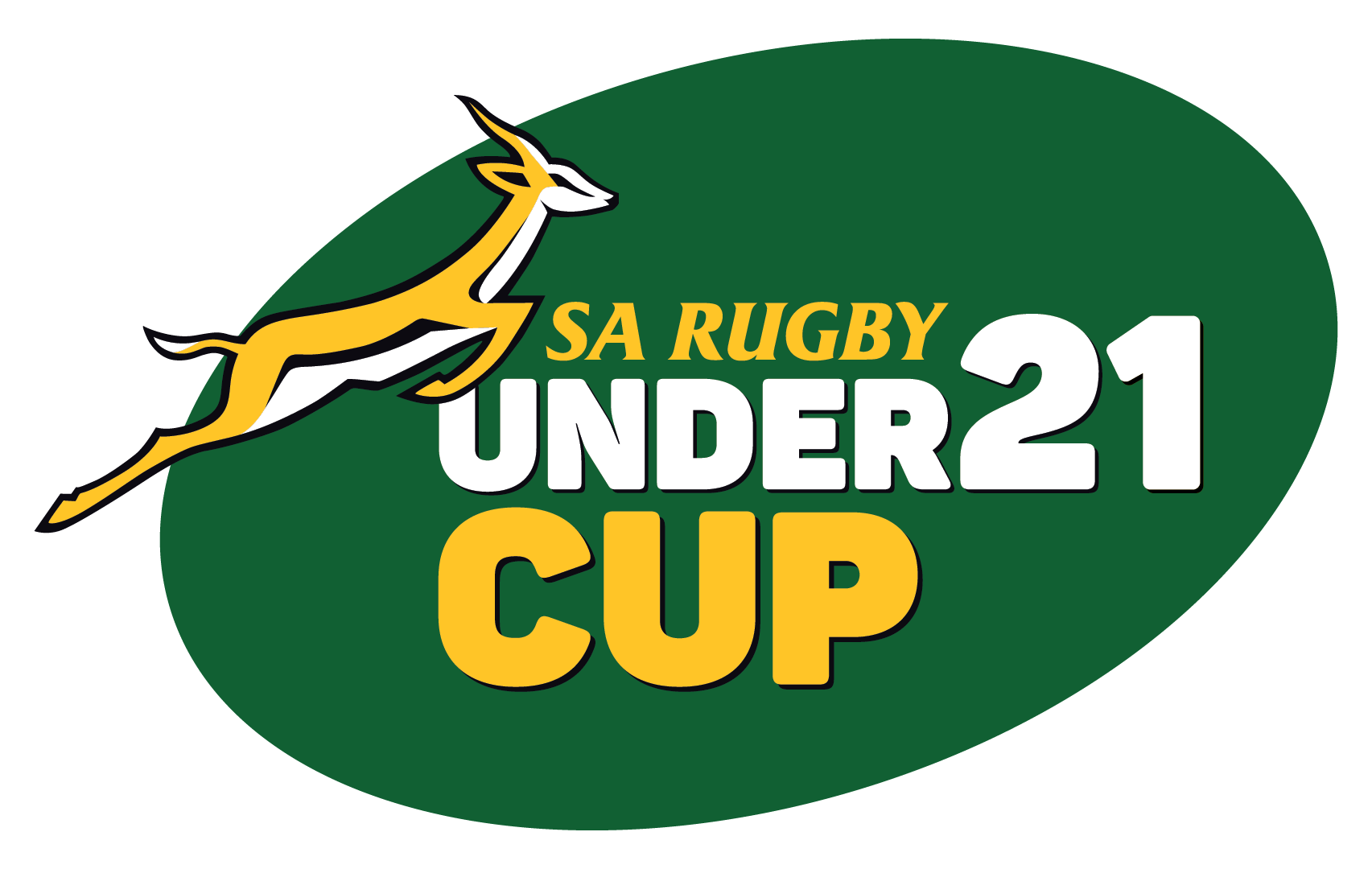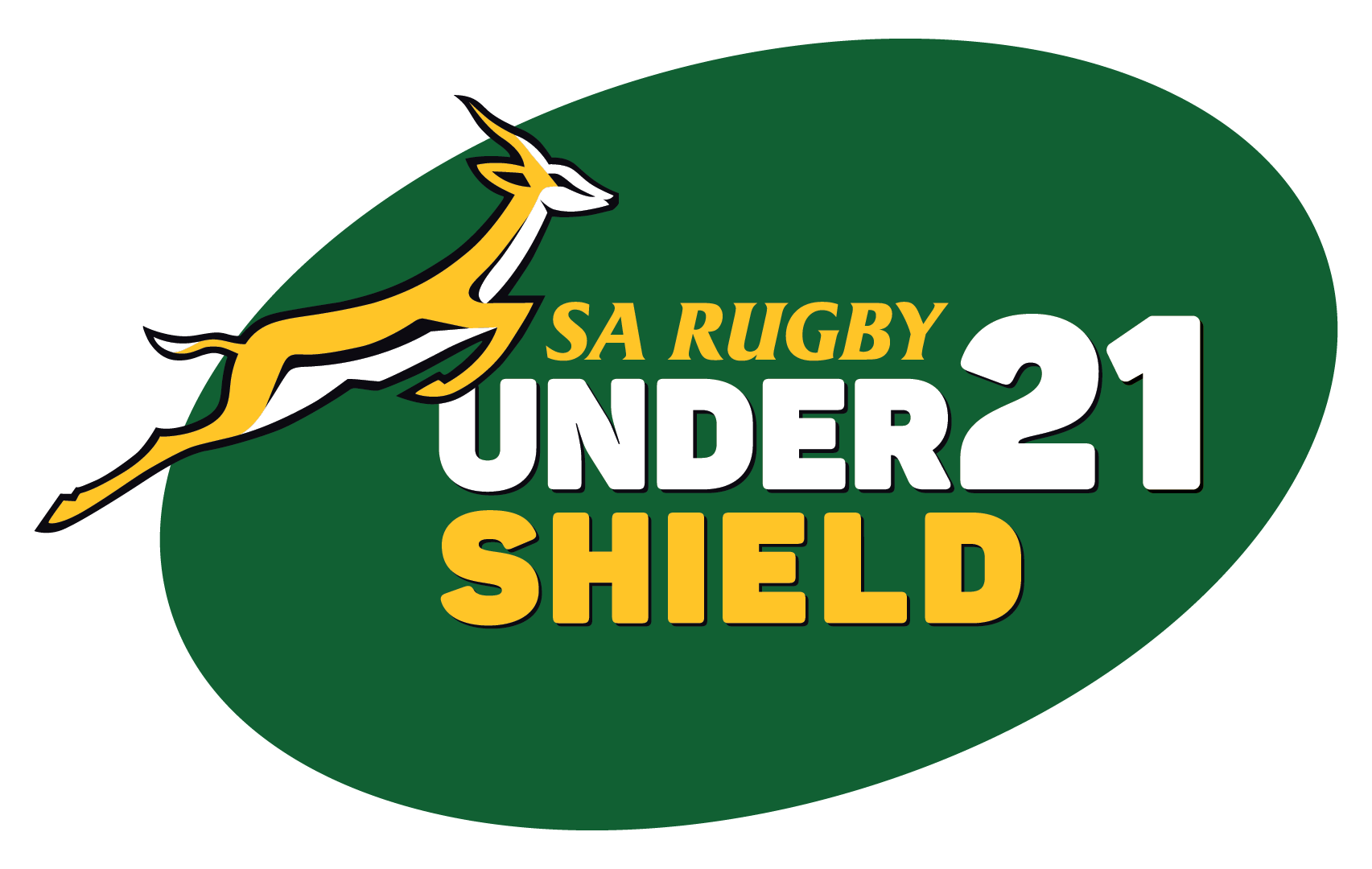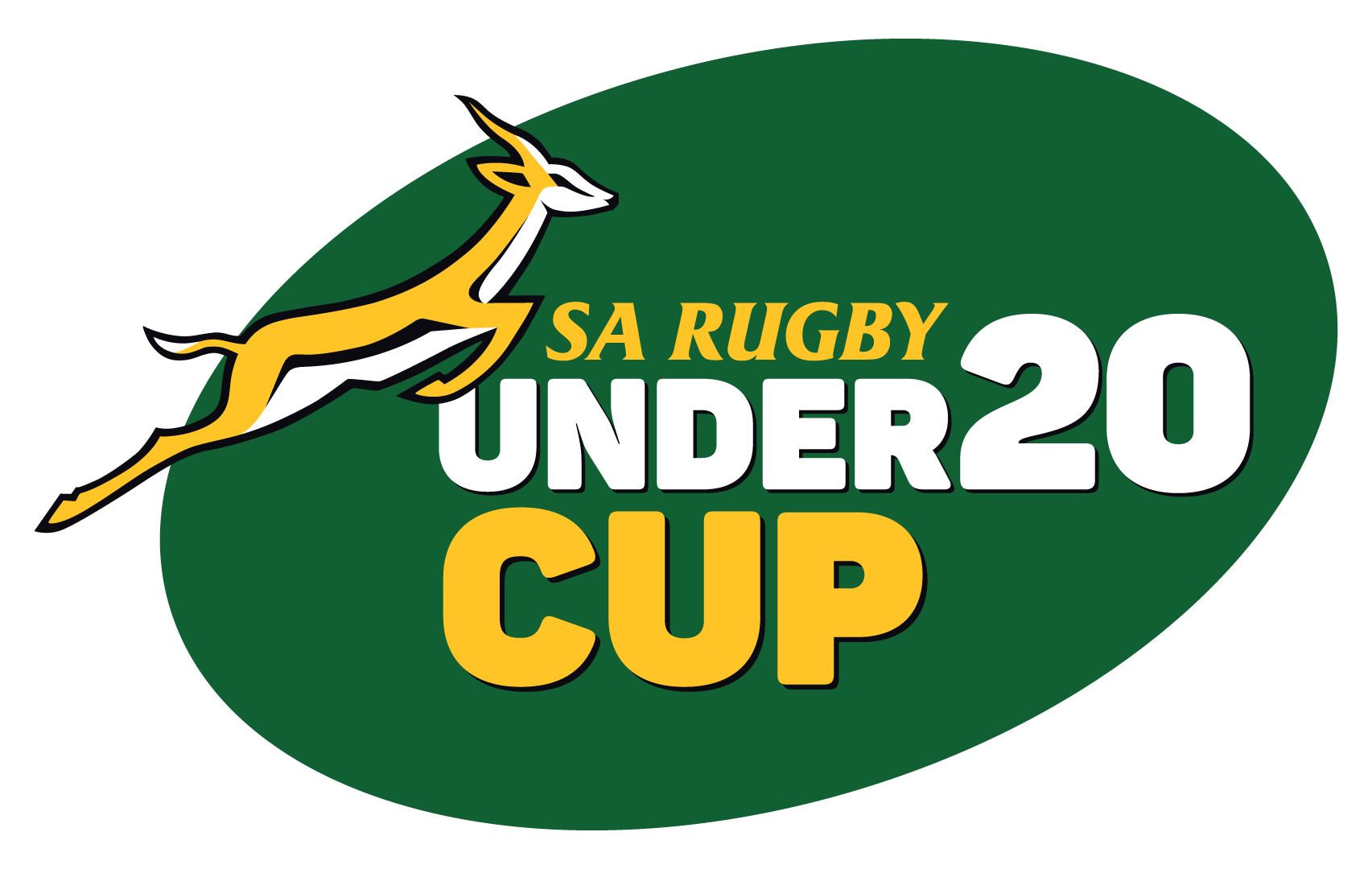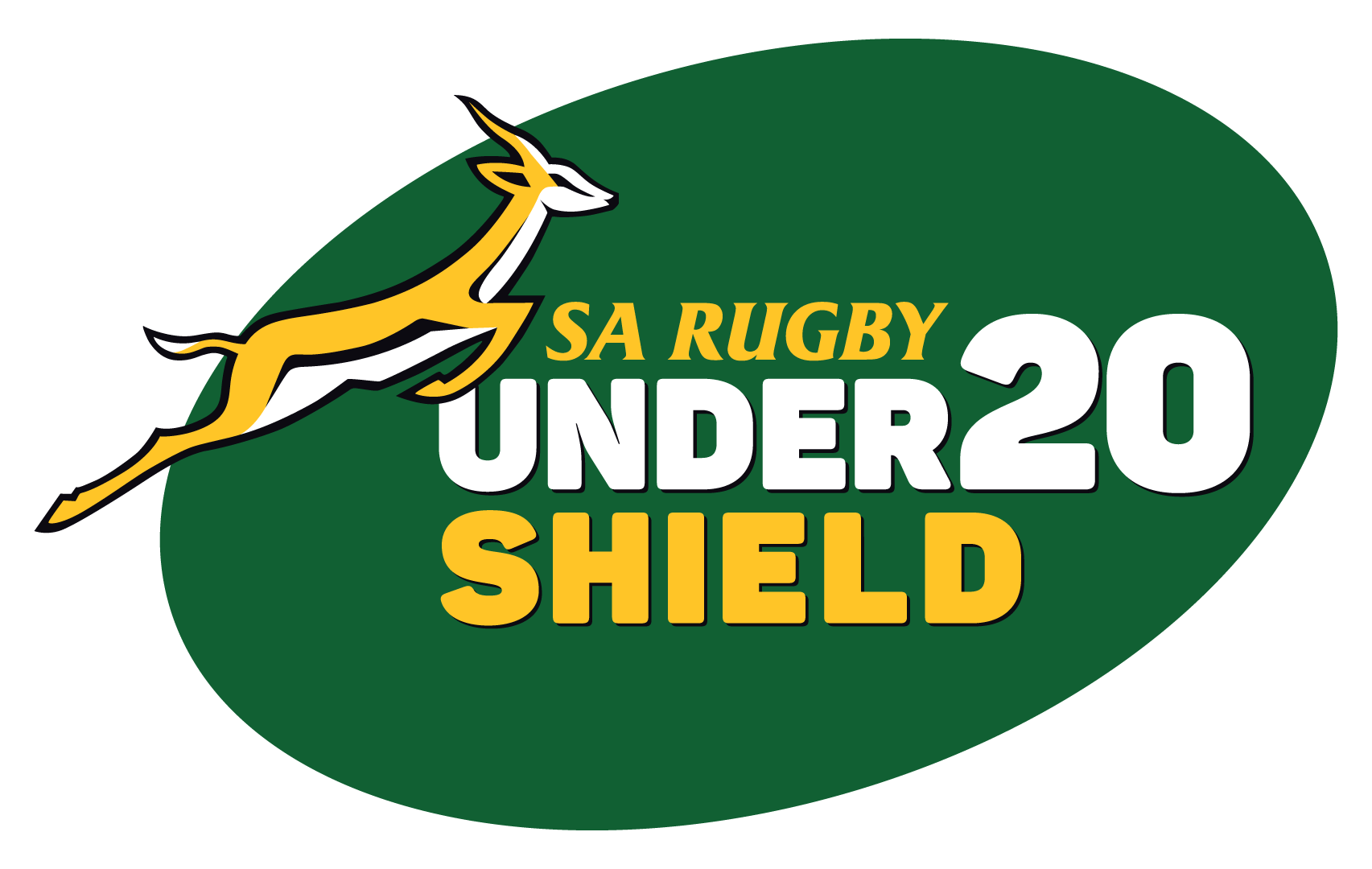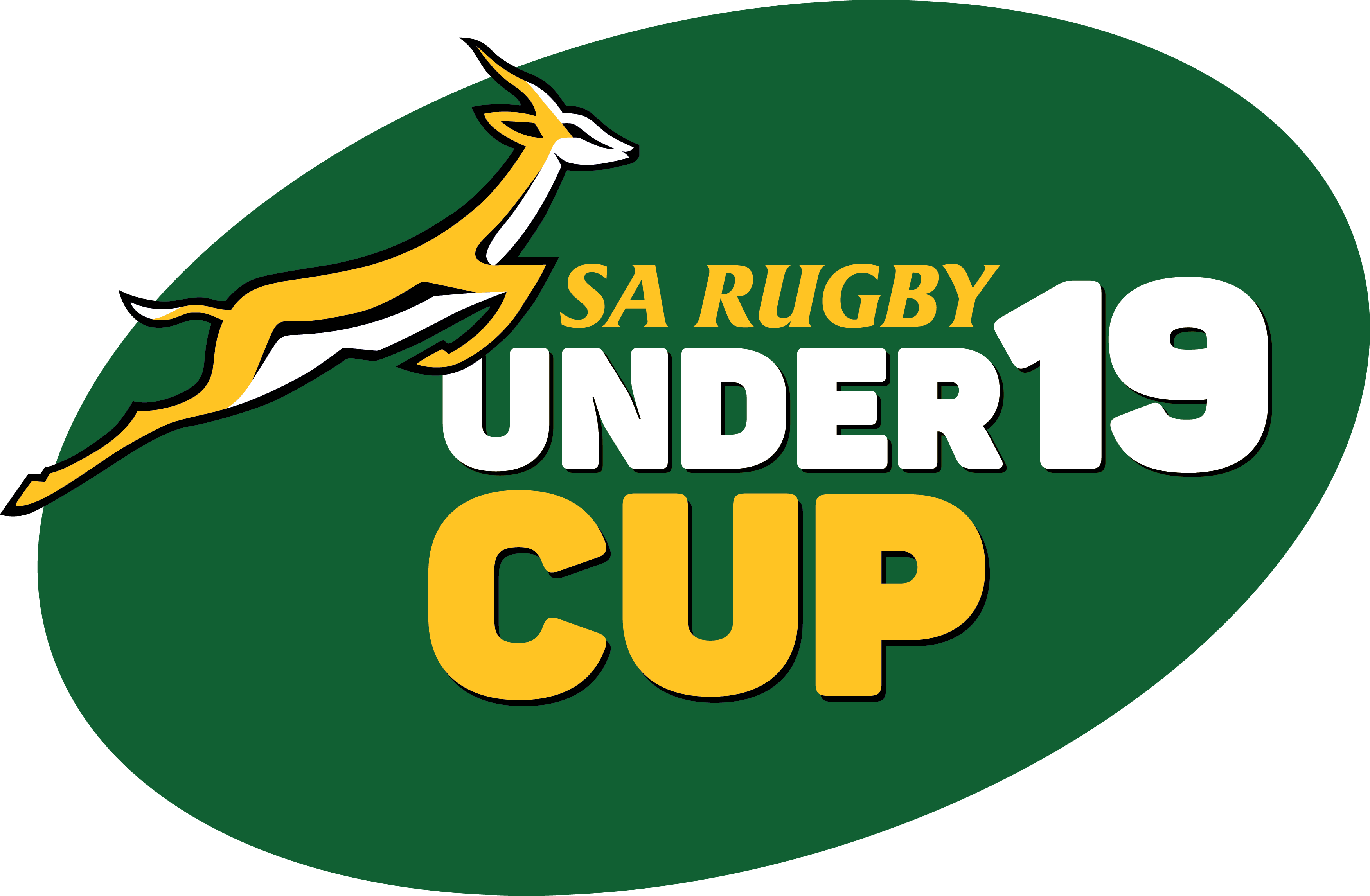They become a poem.
A poem to a game and its people that Cullen has a deep reverence for. A poem that Cullen begins with a memory from inside the changeroom at Kings Park in Durban.
“Last year we went to Kings Park and I found it very special to be there,” he says.
“Just to be there in the dressing room under the stands – the smell and the scent you get. I just thought back to some of the teams that would’ve played there and changed there in those dressing rooms. It was special.”
To listen to Cullen in exactly this moment is to remind yourself that despite all that may be wrong in this world, and indeed all of the monumental challenges South Africa itself faces, there is still a game called rugby, and there are 80 minutes when this game has the power to set everything right.
“It’s the people in the game that make it, isn’t it? It’s a people business at the end of the day and that’s why it still doesn’t feel like a job for me,” says Cullen as he explains the ultimate reward for him as a coach beyond the obvious job description of winning matches.
For Cullen, Leinster’s matches against the Emirates Lions and then the Vodacom Bulls encompass all of this in a country which he says is one of those rare places in the world where the passion for the game is everywhere. And it’s exactly the place the log leaders want to come to and test themselves.
<< CLICK HERE TO BUY TICKETS TO SATURDAY’S DOUBLE-HEADER IN JOBURG >>
“We have so much respect for the South African teams,” he says.
“I’ve grown up watching these teams through the Currie Cup and the early days of Super Rugby. This is going to be the first time we’ll be playing at Emirates Airline Park, which is such an iconic ground.
“Then it’s the same for Loftus Versfeld, which will also be a first for us. The Vodacom Bulls beat us in the semi-final last year and we have a huge amount of respect for what they’ve done over many years.
“We’re very much looking forward to our trip because it’s an amazing country. In South Africa, rugby is all around you. It’s on the front pages and the back pages of the newspapers there. There are not that many countries that have that. It’s so steeped in the tradition of the game.
“When you’re in South Africa there is that definite sense. People are fascinated by the game because it's all around them.
“That’s the thing that’s so exciting about the future of the Vodacom United Rugby Championship. It’s some of those battles against the Vodacom Bulls or the DHL Stormers over time and how they develop. You’re hoping it will continue not just for the next two or three years, but for the next 70 or 80 years.”
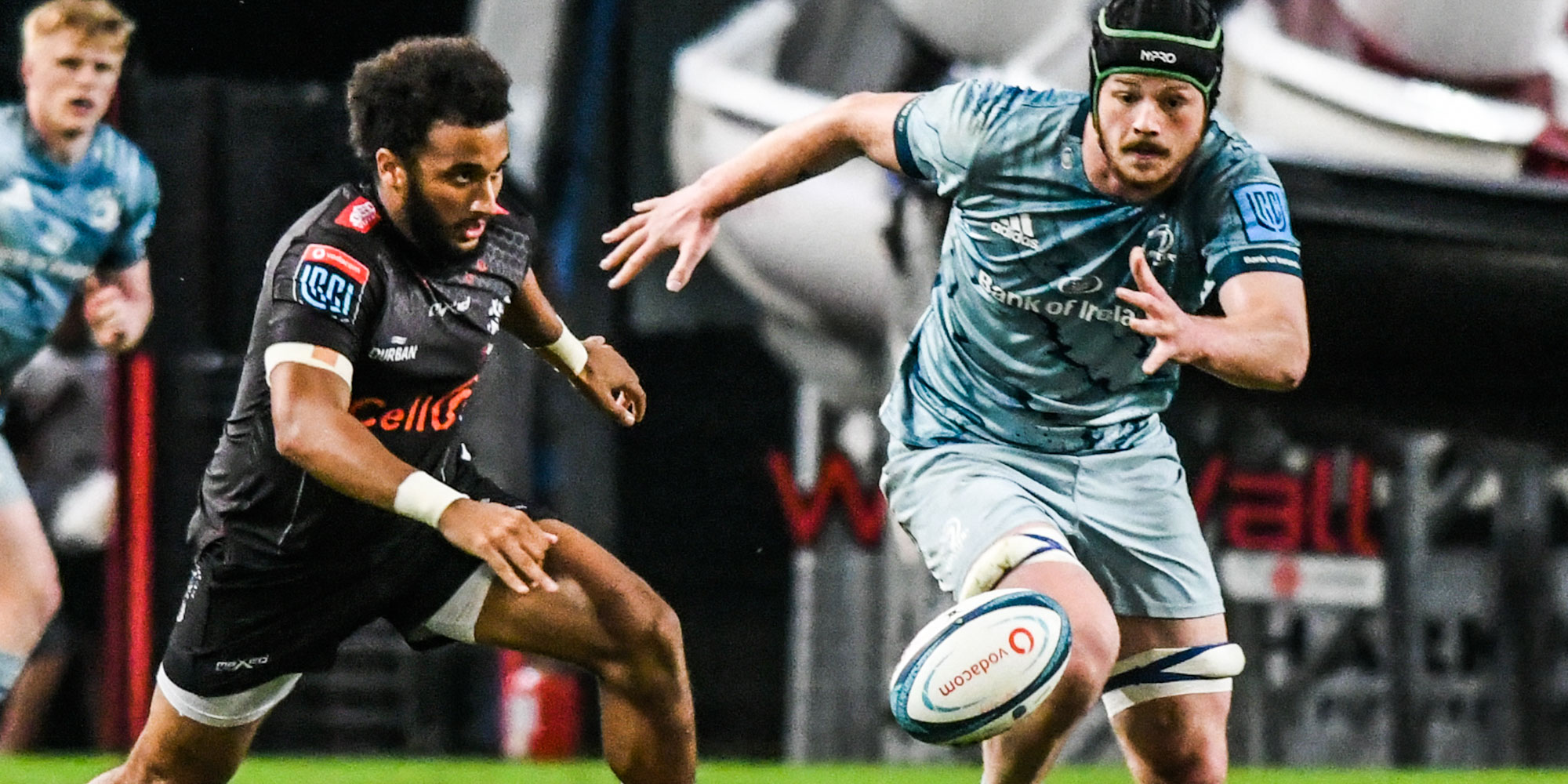
Jaden Hendrikse of the Cell C Sharks in action against Leinster in Durban last season.
Cullen’s long-term view of the battles against the South African teams in the Vodacom United Rugby Championship is also at the heart of what has made Leinster such a dominant force in the game.
Much analysis can be done about structures, player talent, coaching skills and training environments and all of the factors that help to create a team such as Leinster that seems to make it look easy to compete on various levels in the Vodacom United Rugby Championship and the Heineken Champions Cup with the enviable depth they have.
But again, Cullen says the real success comes down to the people involved: “The beauty of our playing group at Leinster is that 95% of them have come through the system here. You’ve seen them from a young age. You’ve seen them playing school games and then you see them come through the academy and then into a senior team here with us.
“So you’ve seen their progression. And then you get the top end of that where some of them kick on to play for the senior Irish team as well and you get to see them be successful there. It’s very special. That’s what is probably the most exciting part of the job here.”
And the culture within the team is equally focused on what it means to truly relate to the man next to you.
“You have to have that respect for how you all want to live and interact with each other,” he says.
“We’re all pushing and we all want the same thing but the reality is that not everybody gets picked on any given weekend. It’s a competitive group, and it’s about understanding some of those conversations and how we interact with each other on a day-to-day basis.
“Ultimately you want the players to enjoy doing the hard work, which gets you to a point where you’re able to be competitive at any level. There’s a very hungry, driven group of players and we’re lucky with that.
“Good coaches also come in. We’re always out scouring the marketplace as to who are the personalities we think will keep adding to this. There’s that word legacy that all the teams use, and it’s about continually trying to add to that for what we have here.
“You want to enjoy the here and now, but there is always this broader picture. I think when we leave Leinster, we’d all like to see that in 20 or 30 years’ time that it’s still living on in some shape or form.”
And in rugby, Cullen sees no other game that so perfectly represents exactly this broader goal: “It’s such an amazing game, isn’t it? It’s for all shapes and sizes. It’s the ultimate team game because your winger who scores three tries in a game needs so many things to go right on the inside of him.
“From that lineout throw to the decision made by the number 10 and so on. All those components that get to that point. Then you have the greater dynamic of the rules. It’s an amazingly complex game yet one that’s still based on some pretty simple fundamentals. Ultimately, we all rely on each other.”
That’s a double-header message we can all get behind.







